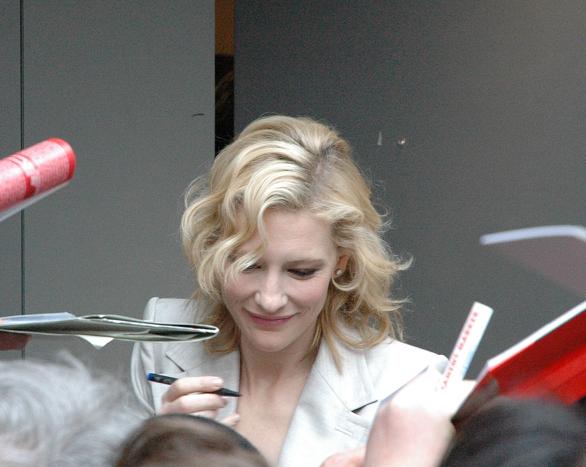Rising Distrust in AI: Navigating Skepticism and Its Consequences

In recent years, concerns surrounding artificial intelligence (AI) have intensified, with growing skepticism regarding its outputs in various fields, from art to music and beyond. A notable incident occurred recently when players criticized the cover art of the video game Little Droid for allegedly being AI-generated. Despite the developers, Stamina Zero, asserting that the artwork was crafted by a human artist, the backlash highlighted a troubling trend: the increasing difficulty of discerning human creativity from AI-generated content.
This phenomenon is not limited to gaming. The music industry has seen indie artists wrongfully accused of producing AI-generated tracks, jeopardizing their emerging careers. A case from 2023 involved an Australian photographer who was disqualified from a contest due to misconceptions about her work being AI-generated. These incidents underscore the challenges faced by creators in an era where AI detection tools are often unreliable, leading to unjust accusations based on superficial similarities in style or presentation.
According to Dr. Sarah Johnson, Professor of Digital Ethics at Harvard University, "The inability of current AI detection tools to accurately distinguish between human and machine-generated content poses significant risks for artists and creators alike."
As skepticism towards AI grows, the delicate balance between healthy doubt and harmful distrust becomes increasingly critical. Concerns extend to broader societal implications, particularly regarding misinformation and deepfakes. For instance, the authenticity of videos depicting serious issues, such as war crimes, can be called into question, leading to potential injustices if genuine content is dismissed as AI-generated.
The ethical dimensions of AI usage are also a focal point of concern. Many professionals in creative fields fear that AI will not only replace them but also exploit their work without appropriate credit or compensation. Dr. Emily Zhang, a researcher at the MIT Media Lab, emphasizes the necessity of protecting intellectual property rights in the age of AI, stating, "Without robust regulations, we risk erasing cultural nuances and violating the rights of original creators."
As AI continues to permeate various aspects of life, the responsibility for preventing deception does not solely rest on users. Digital platforms and AI developers must be held accountable through stringent regulations and transparency measures. Simultaneously, users must cultivate a balanced approach to skepticism, one that recognizes the potential for both AI deception and genuine creativity.
Philosopher Aristotle’s concept of practical wisdom is particularly relevant in this context. Practical wisdom entails the ability to make sound judgments based on experience and education. In today’s AI-saturated environment, fostering such wisdom is vital for individuals to navigate the complexities of trust and distrust online.
In conclusion, as AI technologies evolve and become more integrated into everyday life, the implications for trust, creativity, and societal cohesion are profound. A collective effort is required from tech companies, educators, and the public to ensure that the benefits of AI do not come at the cost of damaging trust in authentic human endeavors. As we move forward, developing a nuanced understanding of AI's role will be crucial in fostering a society that values both technological advancement and human creativity.
Advertisement
Tags
Advertisement





